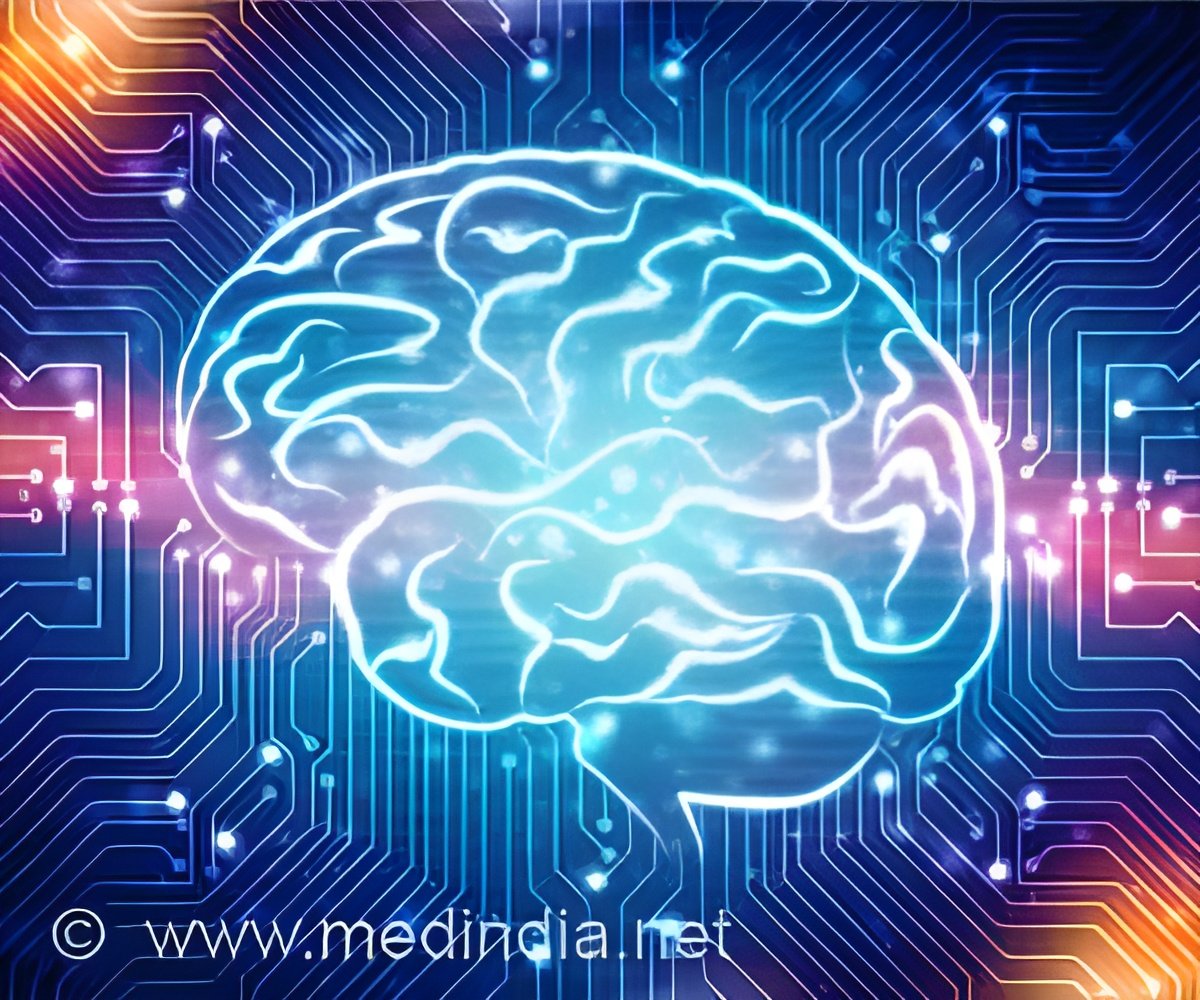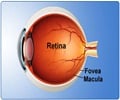Artificial intelligence (AI) that interprets a combination of retinal images was able to successfully identify Alzheimer’s disease patients, stated a study.

‘Machine learning analysis of certain types of retinal images has the potential to offer a non-invasive way to detect Alzheimer's disease in symptomatic individuals.’





The machine learning software looks at retinal structure and blood vessels on images of the inside of the eye that have been correlated with cognitive changes. "Diagnosing Alzheimer's disease often relies on symptoms and cognitive testing," said senior author Sharon Fekrat, M.D., retina specialist at the Duke Eye Center. "Additional tests to confirm the diagnosis are invasive, expensive, and carry some risk. Having a more accessible method to identify Alzheimer's could help patients in many ways, including improving diagnostic precision, allowing entry into clinical trials earlier in the disease course, and planning for necessary lifestyle adjustments."
Researchers trained a machine learning model, known as a convolutional neural network (CNN), using four types of retinal scans as inputs to teach a computer to discern relevant differences among images.
Scans from 159 study participants were used to build the CNN; 123 patients were cognitively healthy, and 36 patients were known to have Alzheimer's.
"We tested several different approaches, but our best-performing model combined retinal images with clinical patient data," said lead author C. Ellis Wisely, M.D., a comprehensive ophthalmologist at Duke. "Our CNN differentiated patients with symptomatic Alzheimer's disease from cognitively healthy participants in an independent test group."
Advertisement
"Links between Alzheimer's disease and retinal changes -- coupled with non-invasive, cost-effective, and widely available retinal imaging platforms -- position multimodal retinal image analysis combined with artificial intelligence as an attractive additional tool, or potentially even an alternative, for predicting the diagnosis of Alzheimer's," Fekrat said.
Advertisement
Integrating AI into the healthcare system allows for a multitude of benefits:
- Automates administrative tasks at a lower cost.
- Analyzes big patient data sets to deliver better healthcare services.
- Helps in early diagnosis.
- Supports people with mental health issues.















